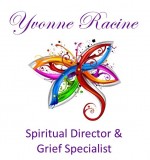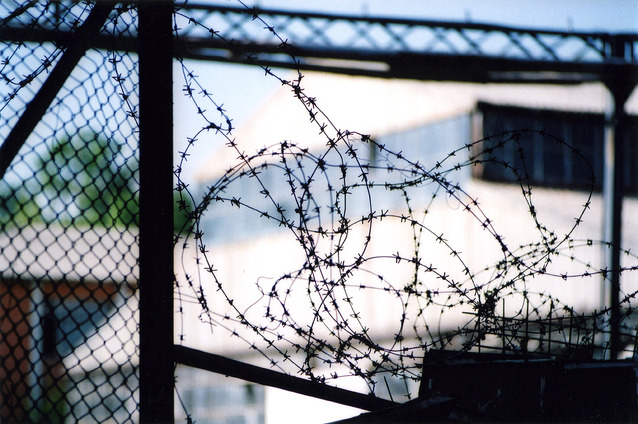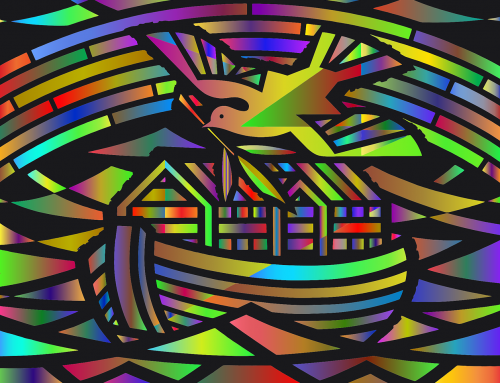One of the stumbling blocks most of us face in living the kind of life we want to be living now is that of unresolved grief. Because we’ve all experienced any number of losses in our lives and most of us did not have the tools to deal with our losses effectively they have become barriers.
There is a great deal of discomfort with grief I think mainly because of a lack of awareness and skills to be able to deal with it effectively.
Deep feelings of sadness and loss are often believed to be negative and to be avoided at all costs. I’m afraid the cost is pretty steep sometimes.
Let me define what I mean by grief here.
Grief is the conflicting feelings caused by the end of or change in a familiar pattern of behaviour. We can feel relief that a loved one is no longer suffering or that we are no longer in an unwanted situation while simultaneously feeling sadness that they are no longer with us or for the things that we will miss about a less than wonderful relationship for instance. Often what we are saddest about when a relationship of any kind ends is the unfulfilled hopes, dreams and expectations that will never come pass now that the relationship is over.
Because most of us never learned to end relationships or deal with change in a healthy way, we are often left with unresolved grief. The truth is we simply don’t know what to do with these feelings for the most part so we avoid them and pave them over with all kinds of beliefs, assumptions and stories we tell ourselves in an effort to make sense out of things that we don’t understand or are uncomfortable with. This is exacerbated by the myths we have about grief in our culture. Misconceptions such as the idea that we shouldn’t feel bad or we need to be strong for others or we should just keep busy are simply not helpful in the healing process.
When we are caught in the misinformation about grief we can’t avoid the effects unresolved grief has on our lives.
Some of the symptoms of unresolved grief include:
- Unwillingness to think or talk about someone who has died.
- Having fond memories turn painful.
- Wanting to talk only about the positive aspects of a relationship.
- Wanting to talk about only the negative aspects of a relationship.
- Being afraid to get into new relationships or start new careers.
- Not being able to move on or be creative.
These are just of few of the many ways we are affected by unresolved grief.
Much of our life picture was formed based not just on the losses we have experienced and the related grief, but on what we decided they meant as well.
And therein lies the problem. Years after loss we are still functioning as though the assumptions we made, which became beliefs, are true and they are still affecting the way we see life.
Grief recovery is about unmasking these beliefs, bringing compassion and healing to the wounds and creating a space for new experiences instead of just recycling the old ones.
It isn’t an easy journey but then neither is living a life where we are controlled by our losses and false information.
The Grief Recovery Method is a time tested, well thought out program that has been effective in helping thousands of people move beyond their losses.
Check it out and see for yourselves what kind of life is waiting for you on the other side.






